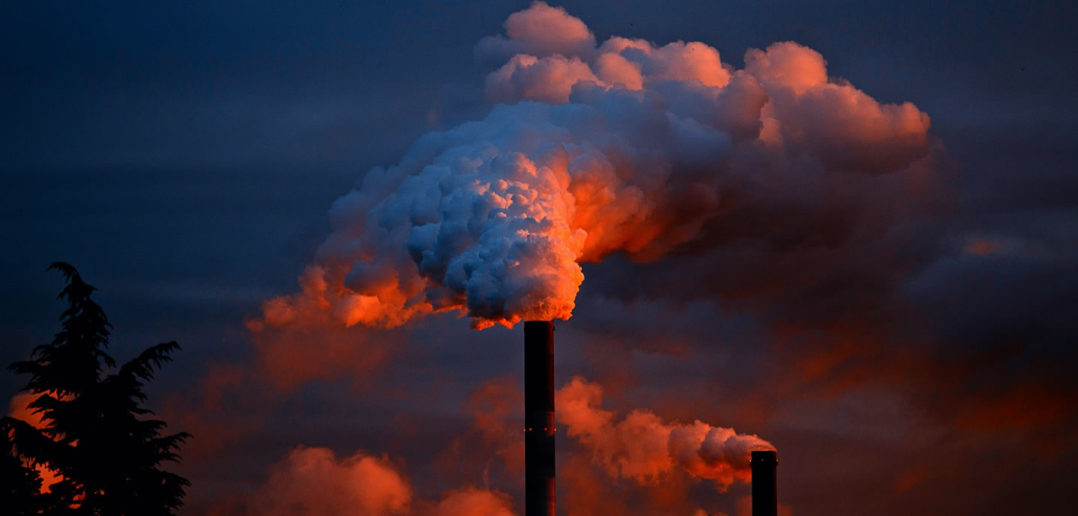Scientists have called for immediate action to keep climate change under 1.5 degrees C and avoid the most dramatic impacts of climate change.
At a meeting in South Korea, the Intergovernmental Panel on Climate Change (IPCC) issued a special report on the impact of global warming and urged policymakers to keep the global temperature rise under 1.5C.
The report comes after three years of research and days of haggling between scientists and government officials to agree on a series of compromises.
The reports makes clear the changes required to limit the rise to 1.5C and head the world off its current track towards a 3C rise would be expensive and require “rapid, far-reaching and unprecedented changes in all aspects of society”.
The 33-page summary shows the signs of compromises between scientists responding to the evidence from their studies and policymakers trying to protect the economy and living standards. However, two key messages are clear.
Prof Jim Skea, co-chair of the IPCC, said: “The first is that limiting warming to 1.5C brings a lot of benefits compared with limiting it to 2 degrees. It really reduces the impacts of climate change in very important ways,” said Prof Jim Skea, who is a co-chair of the IPCC.
“The second is the unprecedented nature of the changes that are required if we are to limit warming to 1.5C – changes to energy systems, changes to the way we manage land, changes to the way we move around with transportation.”
The report estimates governments around the world would need to invest around 2.5% of GDP (around $2.4 trillion / £1.84tn) every year for the next two decades to limit climate change to 1.5C, with changes needed on the global, national, and individual levels. Global emissions need to be cut be 45% from 2010 levels by 2030, and renewables will need to make up at least 85% of electricity production by 2050 with coal use down to nearly zero.
An expenditure of 2.5% of GDP sounds large, but in the long term it should be seen as an investment that will save money in future decades and for future generations. Not only will limiting the temperature rise to 1.5C reduce the need for much larger investment to reduce the catastrophic impact of climate change in 30 or 50 years time, but it could also provide for higher economic growth.
The report makes clear now is the time for action, and political leaders can no longer kick the can down the road. Governments will need to act immediately to reduce their reliance on coal and oil and invest in clean energy and the sustainable technologies of the future.




